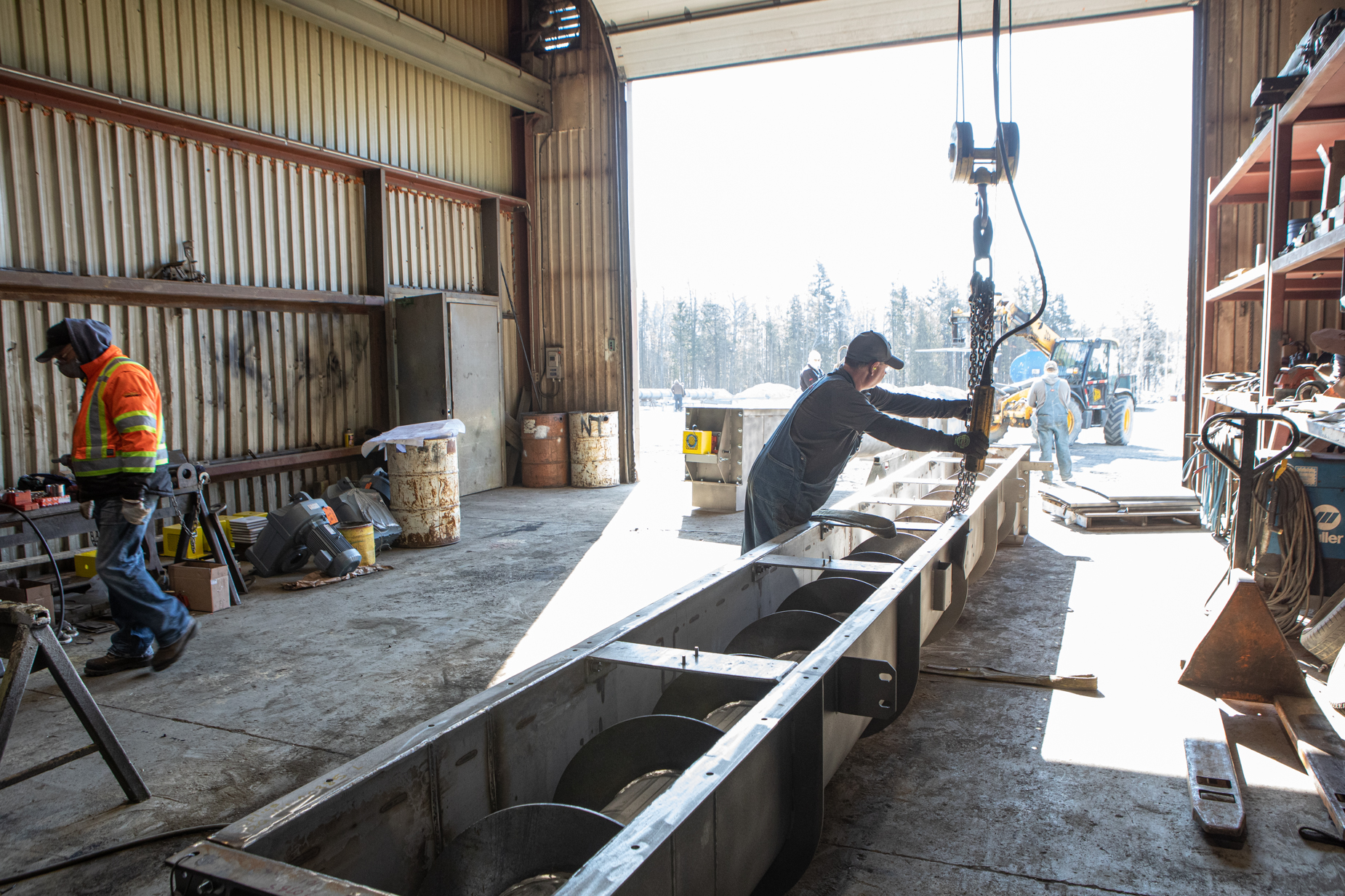
Bulk Handling 101
Would you be surprised to know that almost every industry that manufactures consumer goods, processes food for the market, or burns waste for energy involves a bulk material handling system at some point in their lifecycle?
To name a few; biomass, cement, agriculture, mining, paper, steel, food, wood, textiles, power/energy, and many other industries all depend on high-quality bulk-handling systems to enable the transfer, handling, and storage of crucial process assets.
What is Bulk Material Handling?
Bulk handling is an essential part of business for any industry that processes dry materials. Put simply, bulk material handling is a system for moving and handling materials of all types. The process of bulk handling involves the engineering, design and manufacturing of the equipment used to do so.
The typical bulk material handling process involves raw bulk materials being received from trucks, ships, and trains and unloaded in a yard or storage facility by way of a conveyor system. Depending on the size, the material is then either stored in stockpiles or silos. Material is reclaimed from stockpiles by way of reclaim tunnel hoppers and feeders and then conveyed to the processing facility.
Bulk Handling Equipment
Conveyors
The two most common types of conveyor systems are belt conveyors and chain conveyors. Belt conveyors are typically used for conveying salt, ore, grain, sand and coal and consist of two or more motorized pulleys with a continuous loop of belting material to convey materials. Chain conveyors are typically used for heavier loads and operate by a series of gears connected into a continuous system by the chain.
Hoppers/Bins/Silos
Hoppers, bins or silos are essentially a large funnel used to transfer bulk materials. They are a crucial component for the flow and control of bulk handling. They range in size depending on the volume of bulk material in which they are created to safely store and are commonly used to store coal, cement, wood-ships, sawdust, as well grain.
Chute work
Chutes are used to contain, direct, and deliver bulk materials at a nominated rate to a conveyor, hopper/bin or stockpile.
Guarding
Proper equipment guarding is an essential aspect of bulk handling operations. Guards are used to help protect equipment, keep people safe, and provide for more efficient equipment maintenance.
Basic Industrial Design (BID) helps industry move what matters. Our expertise in the design and manufacturing of bulk material handling systems will help you manage bulk material safely, efficiently and responsibly. With nearly 50 years of niche experience, combined with our central location, we are leaders in the bulk material handling industry in eastern North America.
